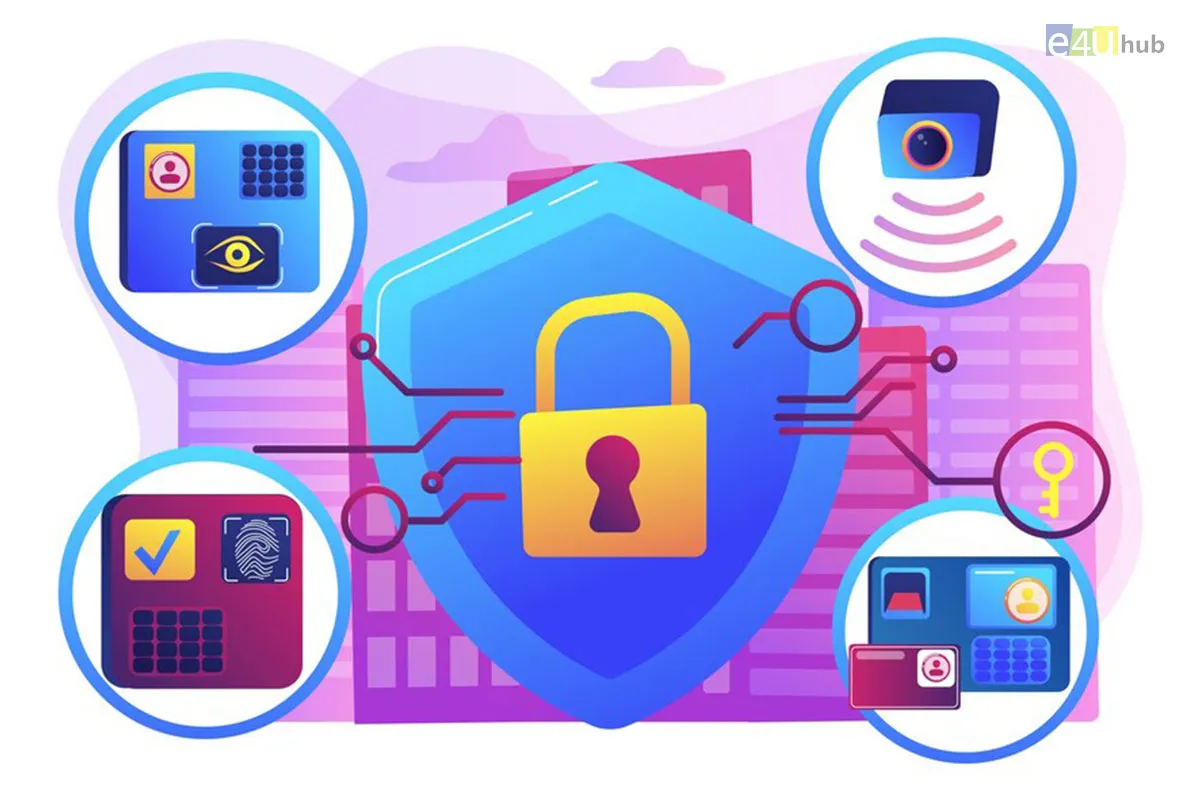
Why A Digital Transformation Certification Is A Game Changer
- 07 Jan, 2024
- Tech
- 420 Views
- 0 Comments
In an era dominated by technological advancements and rapid digitalization, businesses are continually evolving to stay ahead. The need for professionals equipped with the skills to navigate and lead these transformations has never been more crucial. This blog post delves into the significance of a Digital Transformation Certification, exploring how it acts as a game-changer in the dynamic landscape of today's business world.
1. Understanding the Digital Landscape:
A Digital Transformation Certification serves as a gateway to understanding the intricacies of the digital landscape. It provides a comprehensive overview of the technologies, trends, and strategies shaping the business environment, empowering professionals to navigate the complexities of digitalization with confidence.
2. Skill Enhancement for Modern Challenges:
Digital transformation goes beyond technology; it involves a fundamental shift in how organizations operate and deliver value. A certification program equips professionals with the skills necessary to address modern challenges, from implementing cloud solutions to harnessing the power of data analytics and artificial intelligence.
3. Strategic Decision-Making:
Certification in digital transformation enhances strategic thinking and decision-making capabilities. Professionals gain insights into aligning digital strategies with organizational goals, mitigating risks, and maximizing opportunities in an ever-changing digital landscape.
4. Adaptability and Innovation:
Digital transformation is synonymous with adaptability and innovation. A certification program instills a mindset of continuous learning, encouraging professionals to embrace new technologies and methodologies. This adaptability is a key asset in fostering innovation within organizations.
5. Leadership in the Digital Era:
Digital Transformation Certifications are designed to empower leaders who can drive change. Whether you are a project manager, C-suite executive, or aspiring leader, the certification provides the leadership skills needed to guide teams through the challenges and opportunities presented by digital transformation.
6. Global Recognition and Credibility:
Achieving a Digital Transformation Certification from a reputable institution not only enhances your skills but also adds a layer of credibility to your professional profile. It is a globally recognized validation of your expertise in navigating and leading digital initiatives.
7. Cross-Functional Collaboration:
Digital transformation involves collaboration across various departments and functions. A certification program emphasizes the importance of cross-functional collaboration, equipping professionals with the skills to foster communication and teamwork essential for successful transformation projects.
8. Enhanced Customer Experience:
Digital transformation is often centered around improving customer experiences. Certification programs delve into strategies for leveraging digital technologies to enhance customer interactions, satisfaction, and loyalty, making professionals invaluable contributors to customer-centric initiatives.
9. Staying Competitive in the Job Market:
In a competitive job market, having a Digital Transformation Certification sets professionals apart. Employers increasingly seek individuals with the skills to lead their organizations through the digital revolution, making certified professionals highly sought after.
10. Future-Proofing Careers:
The digital landscape is ever-evolving, and a Digital Transformation Certification is a proactive step toward future-proofing your career. It demonstrates a commitment to staying relevant and leading in an environment where change is the only constant.
Conclusion:
In the digital age, a Digital Transformation Certification is not just a qualification; it's a strategic investment in one's professional journey. It opens doors to opportunities, equips individuals with the skills to drive change, and positions them as leaders in the digital transformation landscape. As organizations continue to embrace digitalization, the impact of certification goes beyond personal growth—it becomes a catalyst for organizational success in the fast-paced and ever-changing digital era.















Leave a Reply